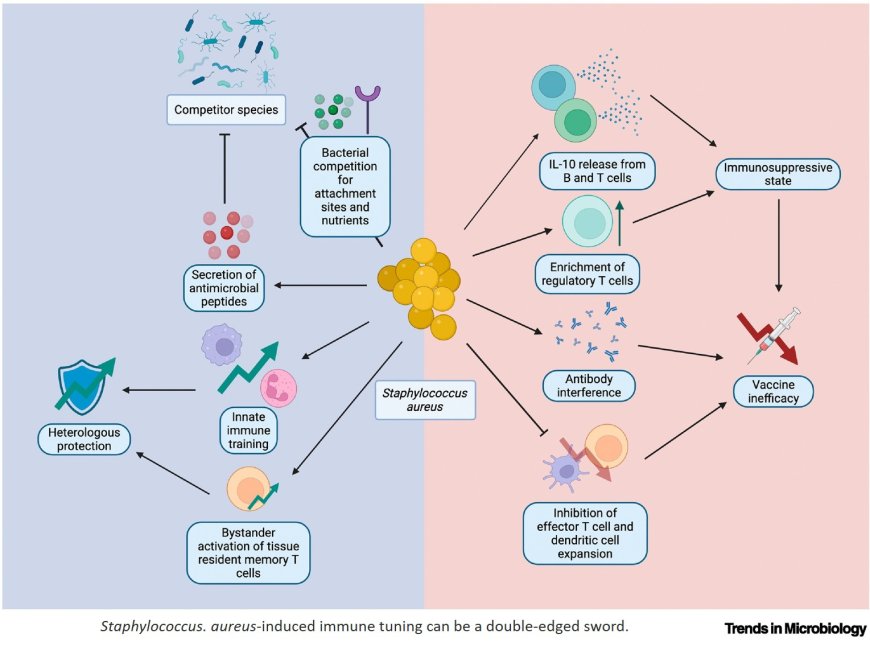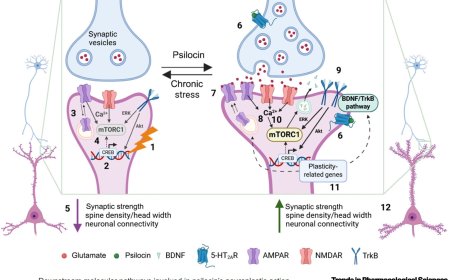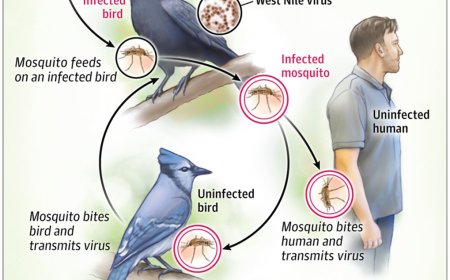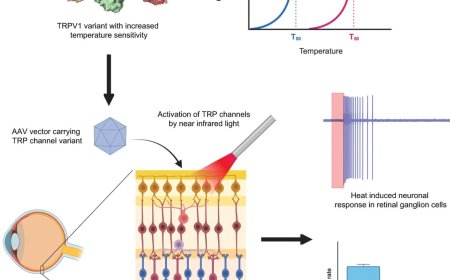Effect of Staphylococcus aureus exposure on host immunity

Whether in the context of colonization or infection, every individual will likely be exposed to the bacterium Staphylococcus aureus during their lifetime, and emerging evidence demonstrates that this exposure leads to the formation of an immunological imprint.
This imprint may erroneously lead to the recall of nonprotective antibodies, weakening host defences and attenuating anti-S. aureus vaccine efficacy. Additionally, the bacterium promotes regulatory T cell enrichment and interleukin-10 release from B and T cells, generating an immunosuppressive landscape that further hinders vaccine efficacy.
However, evidence also suggests that S. aureus colonization may confer protection to the host in the form of bacterial interference and stimulation of the host immune response against heterologous challenges.
Delineating the precise mechanisms underpinning S. aureus-associated imprinting is crucial for both developing an effective anti-S. aureus vaccine strategy and potentially harnessing any favorable effects conferred by exposure to the bacterium.
https://www.cell.com/trends/microbiology/fulltext/S0966-842X(25)00219-7













